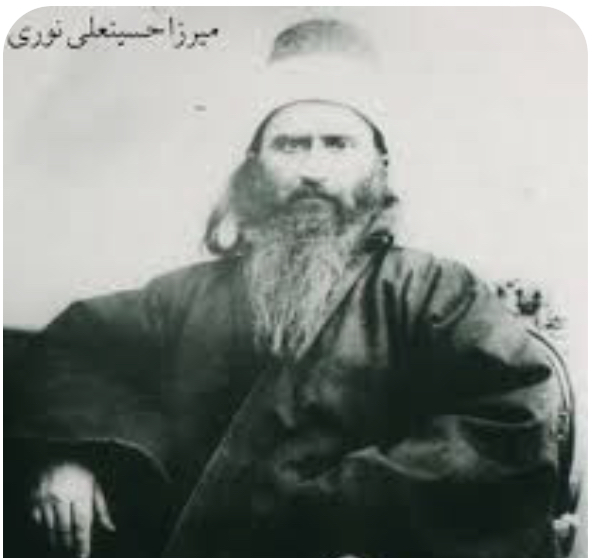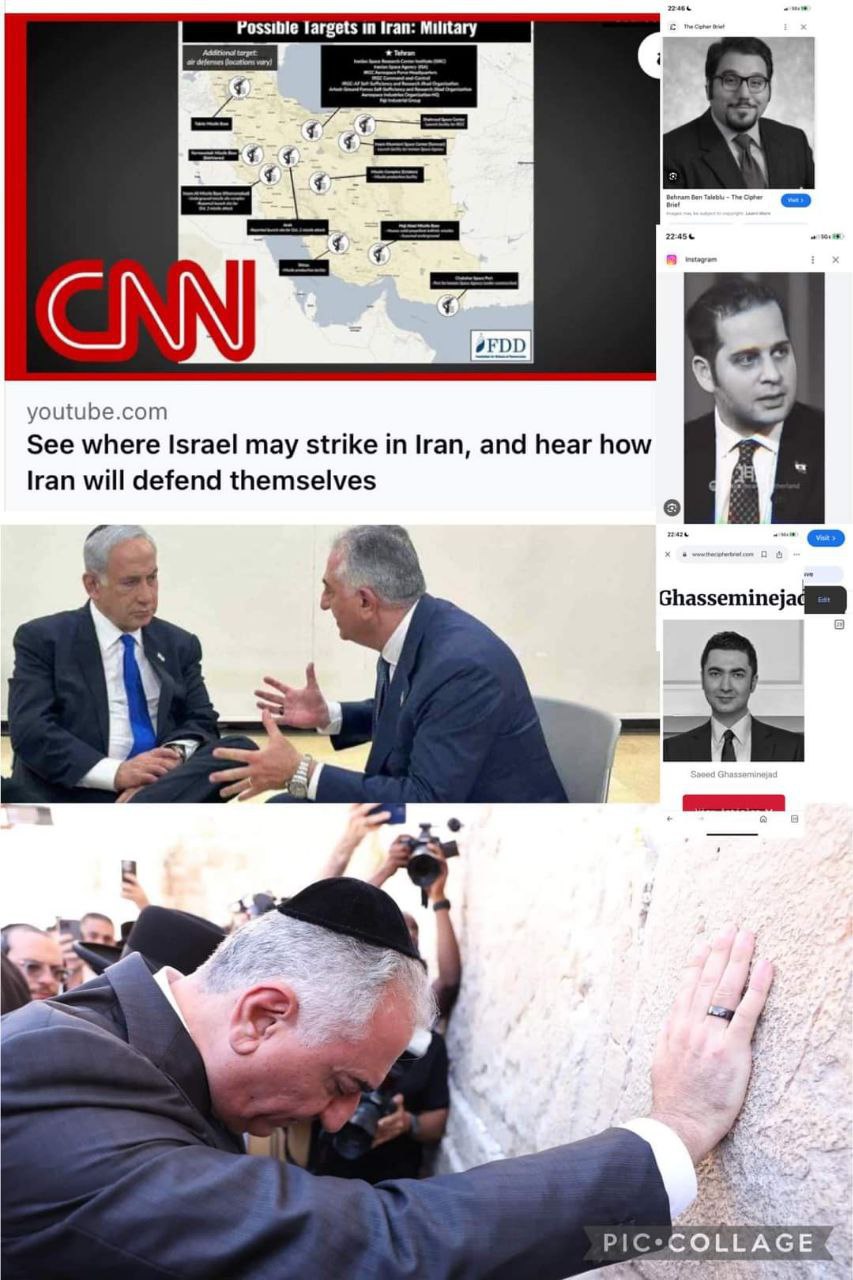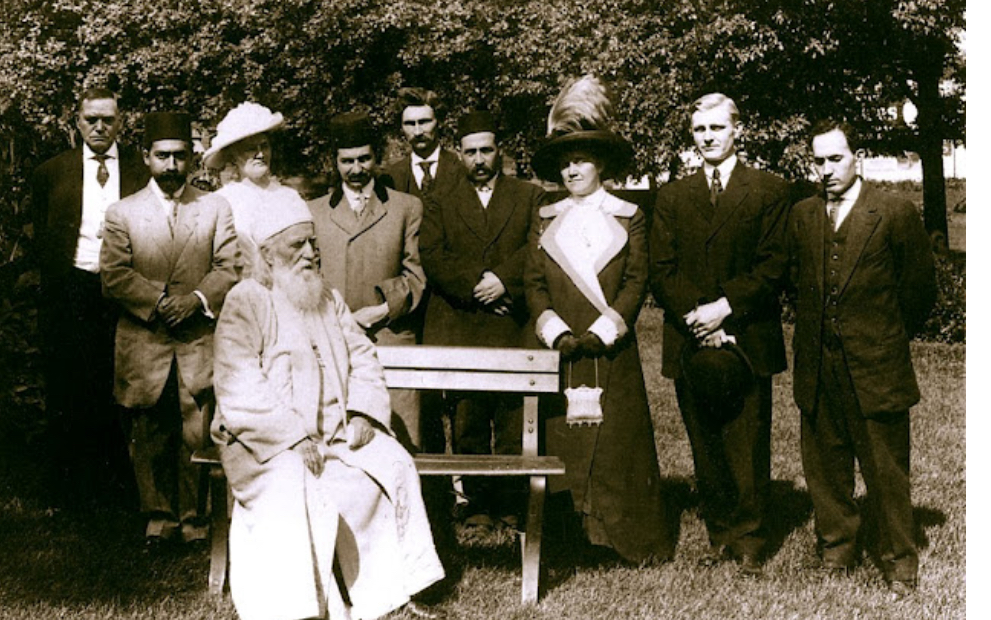Joy of Tel Aviv’s victory
A) The Six Day War: In June 1967 (June 1346), with the rapid and heavy attack of the Israeli army, the third war between the Arabs and Israel broke out, which, with the support of the imperialist countries, led to the defeat of the Arab armies and a large part of the Islamic lands, such as the Sinai desert, the highlands The Golan, the West Bank of the Jordan River and Jerusalem were occupied by the Zionists. During this war, contrary to their slogan of “world peace”, instead of condemning the Zionists as “starters of war and aggressors”, the Baha’is sided with the Israeli army and provided all kinds of support to the Zionists, including, according to Savak’s report. On 5/10/1946, an amount of about 120 million Tomans (which was a very large amount at that time) was collected by the Baha’is of Iran to apparently be sent to Bait al-Adl in Haifa, but their main purpose for sending this amount was to help the army. It is Israel.”
Savak further adds:
“A significant amount of this money has been pledged and paid by Habib Sabet.” [1]
b) Battle of Ramadan:
In October 1973, which coincided with the blessed month of Ramadan, the armies of the Islamic countries descended on the Zionists in a lightning-fast operation to reclaim their lands. In a short time, the Egyptian forces crossed the Suez Canal and left behind the great Barlow Wall, which was considered impregnable by the Zionists. In other fronts as well, Syria and Jordan gave the Zionists money and for the first time invalidated the myth of the invincibility of the Israeli army. In this situation, Bahá’í publications began to struggle against war and destruction! They rose to fight. Those who had remained silent during the 1967 war, this time took to writing and wrote the following in the title of the official publication of the Iranian Baha’i National Assembly:
Oblivious humanity has long lost sight of the severe effects of past wars and has made excuses under various titles and tries to poison the air again to extinguish the fire of its own goals and send its members to the land of nothingness and destruction. And in the continuation of the article, the Moshebai chapter spoke in condemnation of the war. [2] . The Bahá’ís were so disappointed and saddened by the defeat of the Zionists that they did not even spare the Varga magazine, a special publication for Bahá’í children, and in the November 52 issue (the first issue after the war) in a detailed article that apparently a little Bahá’í girl named Sweida Ma’ani (a Baha’i of Iranian descent living in Israel) has sent a letter, lamenting deeply for the Zionist families who sent their children to the battlefields, and using emotional expressions, they tried to arouse the feelings of the Baha’i children in favor of the Zionists, and to treat these children with love from the beginning. To cultivate hatred of Zionists and Muslims. In a part of this article we read:
During these few days of the war, the condition of the people was very pitiful, their mothers and children were worried and anxious, waiting for the news of the war… When the news of the killing of the killed and their number was published, tears flowed and everyone was grieving… and in the evenings when the mothers held their children’s hands They were walking alone, a sad expression was visible on everyone’s face. [3] The prohibition of Baha’ism in Egypt in 1962 by Gamal Abdul Nasser was precisely because of this alignment and sympathy between Zionists and Baha’is, and the efforts of Baha’i elements to obtain information in Islamic countries, that Muslims became sensitive to this sect and organized the following actions:
1. In 1960, during the General Assembly of the Islamic Congregation of Jerusalem, one of the Iranian participants spoke about the intelligence role of the Baha’is for Israel, but of course the Arab countries did not take the issue seriously.
2. After the heavy defeats of the Arabs against Israel and the clarification of the role of the Baha’is in Islamic countries in terms of obtaining information for the benefit of the Zionist regime, the Arab League took a stand against this sect and the issue of Baha’i was placed on the agenda of the “Arab Sanctions Office against Israel”. This office had the mission to identify all foreign companies and industrial and economic complexes that have common interests with Israel and provide their names to the Arab countries for sanctions. On January 10, 1975, Reuters reported from Damascus, quoting Mohammad Mahjoub, the head of the Arab Sanctions Office against Israel, that at the next month’s conference, the fight against the Baha’i group will be seriously investigated by this office, and this sect will be officially banned. A pro-Israel and Zionist movement. [4] The same topic was reported by the Middle East news agency on the same day, quoting Mahjoub. The said conference was held on February 23 in Cairo and its decisions were published on February 25. The above-mentioned meeting regarding Baha’ism adopted the following important decision: And the office also decided to impose a ban on the activities of Baha’is in Al-Arabiya and the gathering of their congregations after the registration of Zionism. [5] Meaning: Also, the office [Arab Sanctions against Israel] stipulated that the Arab governments should strictly prevent the movements of the Baha’is and the formation of their circles because [it became clear to the members that] Zionism was hiding behind them.
c) Islamic Jurisprudence Assembly affiliated to the Islamic Conference Organization is the highest religious authority in the Islamic world, in which jurists of 57 Islamic countries from all religions and sects, including Wahhabism, are members. In the sessions of 18 to 23 February 1366 / 6 to 11 February 1988, this council, in its resolution, considered “the claim of the Messengership of Baha’u’llah and revelation to him” and other Baha’i beliefs as examples of “denial of the essentials of religion”. [6] On January 26, 1987, in accordance with 29 Jumadi al-Awl 1407, he published a resolution signed by the Shia and Sunni jurists of the Assembly, which considered the Baha’is to be infidels and outside the religion of Islam according to the consensus of Muslims, and demanded appropriate treatment from Islamic governments and nations. Been. [7].
Footnote
[1] Javad Mansouri, History of Qiyaam on 15 Khordad according to the narrations of the Sanads, vol. 1, p. 332 and Sanad 96/2.
[2] Akhbar Amri, 1352, No. 13, Sokhan Mah (Conflict and conflict are hated by the Great Gate), pp. 387-377.
[3] Varga, Nounhalan Bahai Iran, 1352, Vol. 8 (November), pp. 20-22.
[4] Mohammadreza Nasuri, the link and mutual cooperation between Baha’i and Zionism. Contained in: The Expectation Quarterly, vol. 18, p. 247, quoted from the news bulletin of the National Radio-Television Organization of Iran, Central Office. Khabar 232, 21 December 1353.
[5] Ibid.
[6] The Council of Islamic Jurisprudence, resolutions and recommendations: from the second to the end of the ninth meeting, translated by Mohammad Moghadis, Qom 1418, pp. 84-85.
[7] With the Al-Mu’tamarat of the Islamic Fiqh Council (Al-Mu’tamarat al-Fiqhiyya), Muhammad Ali Taskhiri, Dar Ahyaya al-Trath al-Arabi, Beirut, 1/326-327.







